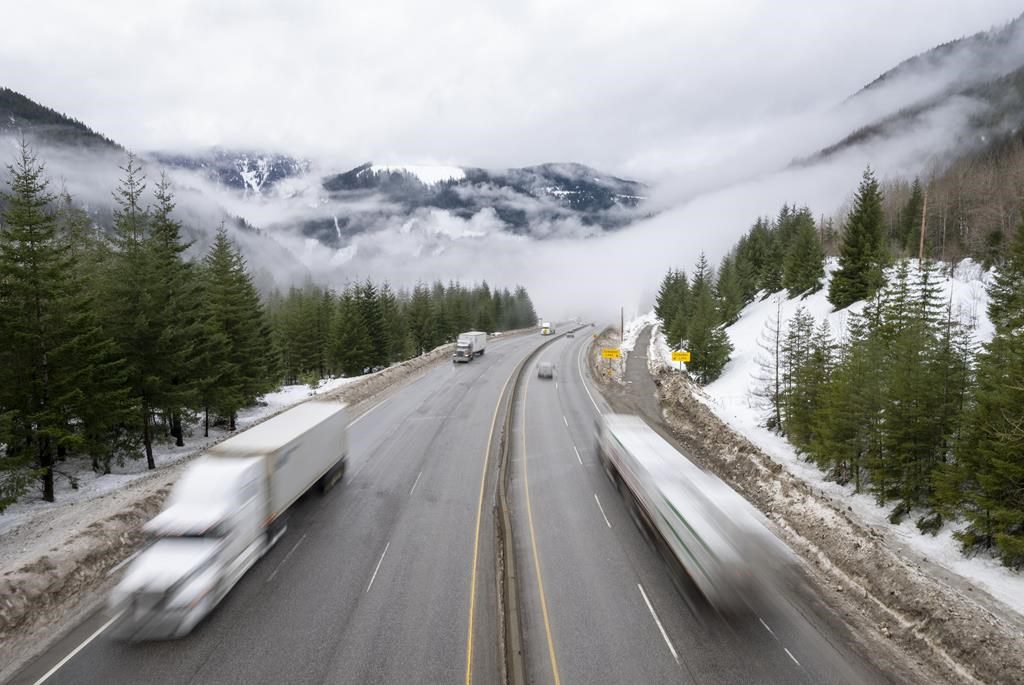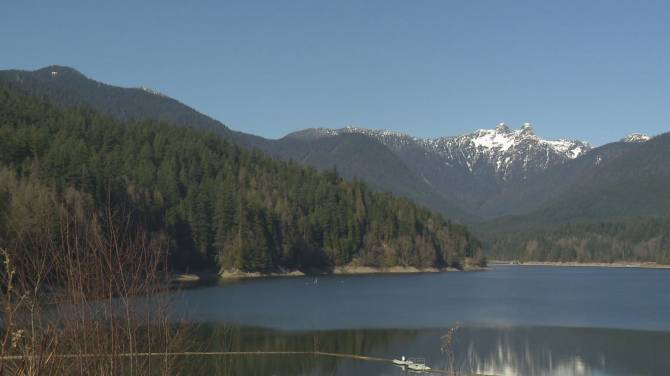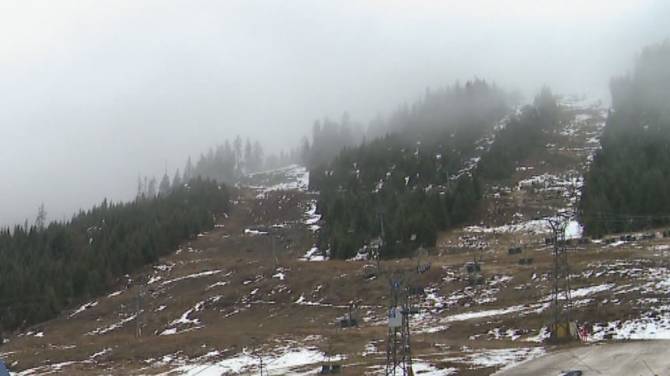The recent rain and snow in B.C. haven't had a big effect overall. snowpack in the province.
As of March 1, B.C.'s snowpack is still very low, according to the B.C. Ministry of Water, Land and Resource Stewardship.
The snowpack across B.C. is about 34 percent lower than usual for this time of year.
At Hope, B.C., the Fraser River is also well below its normal levels, at 70 percent.
People in the province are worried about the upcoming spring and summer due to concerns about drought and the wildfire season.
Dry conditions continued until late February when significant snowfall occurred. But even with this, officials believe there will be a significant risk of drought in the spring and summer due to the low snowpack and warm weather.
Two storms in February brought some relief, but it hasn't been enough to ease worries about the below-average snowpack.
There's about two months left for snow to accumulate, but officials believe the below-normal snowpack will continue based on weather trends and forecasts.
As of March 1, the basin snow water index for the Metro Vancouver area shows that the region has less than 50 percent of the normal level.
South of the Fraser River, the water index is between 60 and 69 percent of normal.
In 2023, B.C. had its worst wildfire season on record, which is a major concern for residents heading into 2024.
Last month, B.C. Premier David Eby expressed deep concern about the potentially severe upcoming wildfire season and the province has allocated $10.6 billion in contingency funds over the next three years. There are already about 1,000 people applying to join the wildfire team this year as the province prepares for the upcoming wildfires. Eby mentioned that the province is leasing aircraft and expanding infrastructure to allow for firefighting operations, including night missions, to enhance B.C.'s ability to fight wildfires at all times.
The wildfires in 2023 were the most destructive in B.C.'s recorded history, with over 2.84 million hectares of forest and land burned.
The recent rain and snow in late February have not significantly impacted the snowpack in B.C., causing concern for the spring and summer.
The 2023 wildfire season has been the most destructive in British Columbia’s recorded history, with more than 2.84 million hectares of forest and land burned.





